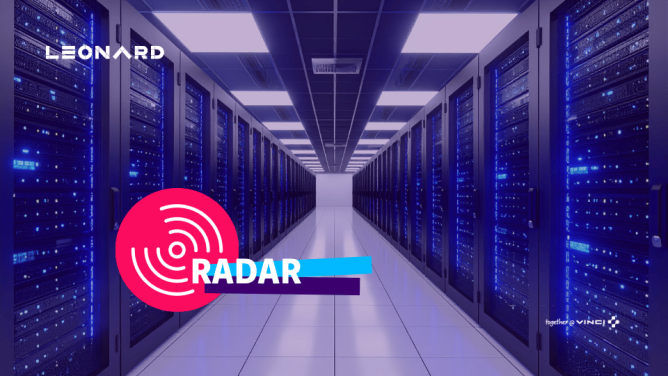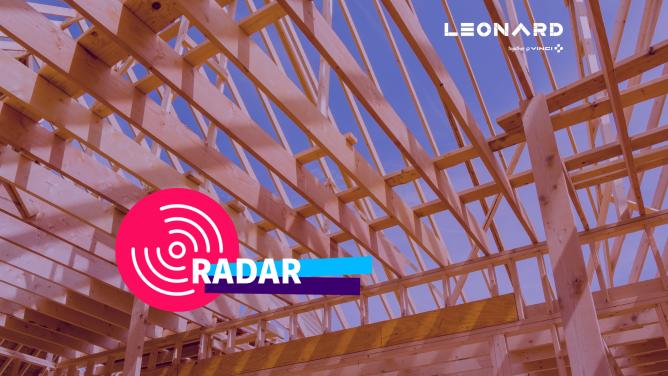Procore, a project management software for the construction industry, is getting ready for IPO and could reach $4B valuation
Procore Technologies is working with Goldman Sachs to lead a initial public offering in the USA that could value the company at more than $4 billion.
Procore makes software that lets building owners, developers and contractors manage and collaborate on projects. Its solutions encapsulate all the dimensions of project development : monitor quality and safety, manage budgets and costs, generate invoices and track deadlines.
Since the platform was created, It has raised more than $200 million and reported more than $250 million in annual recurring revenue according to its own statement.
This confirms that traditional investors are more and more active in the tech construction sector. In December 2018, Autodesk invested $1,25 billion in just a month to acquire two construction tech startups : PlanGrid and BuildingConnected. The objective was to digitize and manage the whole construction process, including the very first stages, which have a major strategic impact. According to Crunchbase numbers, funding in US-based construction technology startups surged by 324 % to nearly $3.1 billion in 2018 compared with $731 million in 2017.
How AI can help us understand better and fight the spread of coronavirus ?
When the WHO revealed the virus to the public in China on January 9 2020, a Canadian medical platform had warned its customers of a potential risk 10 days earlier thanks to a prediction algorithm called BlueDot.
BlueDot is an AI capable of analyzing a lot of information (medical reports, discussions on health forums, alerts on animal diseases) compiled in an algorithm of prediction. It is also able to predict the next contamination zones by integrating data from air bookings or local mobility solutions.
In China, Baidu, a leading tech company, made its DNA structure analysis algorithm available to scientific and medical teams to better understand the virus’ structure how it’s transmitted between species.
The company also provides infrared temperature control systems used in Beijing Station that can take the temperature of up to 200 people in one minute without stopping the passenger flow.
Overall, the current crisis -and its related challenges of public health optimization- offers an excellent experimentation field for AI capabilities. As it opens new markets, it also raises new questions. These new actors are getting more and more visible in urban areas. And they generate a lot of hope and promises, even though some prediction tools rely on sensitive data (like real-time localization) that could threaten privacy on the long run.


